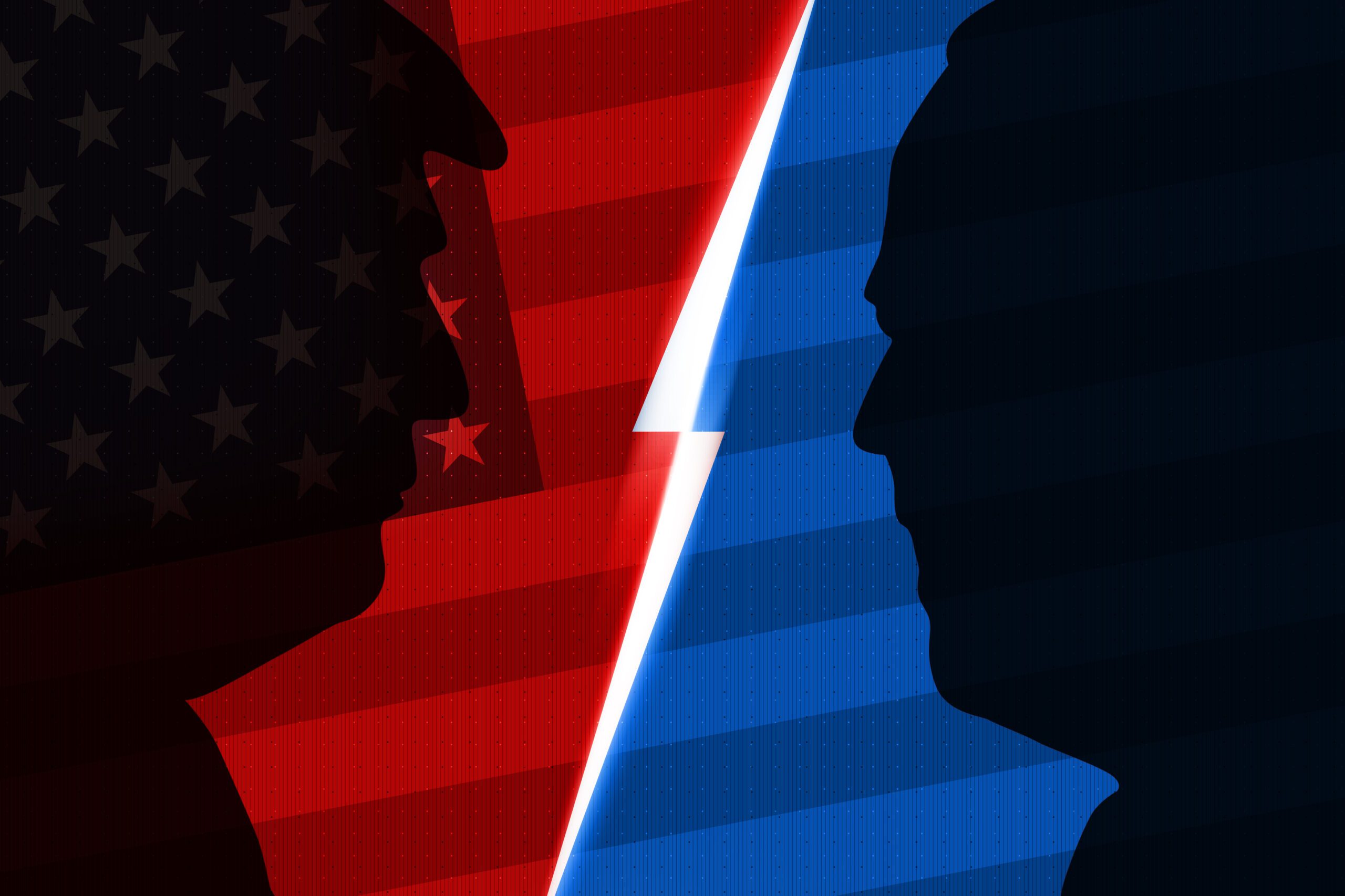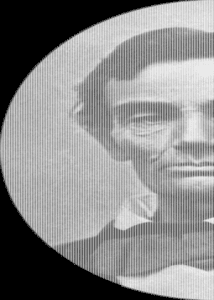
Super Tuesday, a significant date on the U.S. political calendar, recently unfolded, offering a plethora of insights into the political landscape. The day was filled with electoral battles across numerous states, with the spotlight fixed on two stalwarts of American politics – former President Donald Trump and incumbent President Joe Biden. This article delves into the crucial takeaways from this political joust, shedding light on the victories, upsets, and underlying currents that marked the day.
Trump Triumphs but Faces Internal Resistance
Donald Trump demonstrated his enduring appeal within the Republican ranks as he secured victories in states spread across the nation. His Super Tuesday performance was impressive, with substantial margins in Alabama, Texas, California, and beyond, effectively sweeping him towards the Republican Party’s presidential nomination.
However, despite his electoral success, Trump faced signs of discontent from a segment of Republican primary voters. In states like Virginia and North Carolina, Nikki Haley, his only major Republican rival, performed well in counties with a significant number of young, suburban, and college-educated voters. This discontent was further reflected in exit polls, with a considerable proportion of Republican primary voters expressing concerns about Trump’s potential legal troubles and his fitness for presidential office if convicted of a crime.
Haley’s Unanticipated Vermont Victory and Eventual Exit
Nikki Haley, the former South Carolina governor and United Nations ambassador, managed to pull off a surprise victory in Vermont, a typically left-leaning state. In a strategic partnership with Vermont’s popular Republican governor, Phil Scott, Haley was able to resonate with moderate voters and secure a win.
Despite her unexpected triumph in Vermont and her earlier win in Washington, D.C., Haley’s presidential ambitions were largely thwarted by Trump’s dominance in other Super Tuesday contests. The lack of sufficient anti-Trump voters in states with open primaries, like Virginia, resulted in few victories or even narrow defeats for Haley. Following Super Tuesday, Haley announced her decision to withdraw from the presidential race, leaving the field open for Trump.
Biden Battles Protest Vote Over Gaza Stance
On the Democratic front, President Joe Biden encountered resistance from within his party due to his stance on Israel’s war in Gaza. In the Michigan primary, an organized Gaza war protest led more than 100,000 voters to choose “uncommitted” instead of Biden. This protest vote phenomenon reemerged on Super Tuesday, with “uncommitted” gaining approximately 20% of the vote in Minnesota and 12% in North Carolina.
These protest votes reflect a degree of dissatisfaction within the Democratic ranks over Biden’s foreign policy. If this trend continues, it could potentially impact Biden’s chances in the general election, given his current struggle with sagging poll numbers.
The California Senate Race: A Blow to Progressives
Super Tuesday also featured crucial down-ballot primary races that could shape the political landscape beyond the presidential election. One of the most high-profile contests was the race to replace the late Senator Dianne Feinstein in California. This race saw two prominent progressives, Representatives Barbara Lee and Katie Porter, edged out by a Republican with no previous political experience, former baseball player Steve Garvey. This result could threaten the balance of power in the Senate and raises questions about the future political careers of both Lee and Porter.
Trump vs Biden Round Two: A November Showdown Awaits
Despite minor setbacks, both Trump and Biden appear to be on track for a rematch in the November general elections. Trump’s Super Tuesday performance has placed him firmly in the lead for the Republican nomination, while Biden, despite facing protest votes, remains the likely Democratic nominee.
As both candidates gear up for a potential round two of their 2020 face-off, their campaign strategies are beginning to take shape. Trump continues to portray himself as the savior who can reverse America’s decline, while Biden positions himself as a unifying candidate defending democracy.
Super Tuesday has provided a wealth of insights into the upcoming general election. With Trump and Biden poised for a rematch, the political intrigue promises to intensify in the lead-up to November. The lessons learned from Super Tuesday will undoubtedly play a pivotal role in shaping the strategies of both campaigns as they vie for the presidency in what is expected to be a closely contested election.
SEE ALSO: Amy Schumer Discloses Cushing’s Syndrome Diagnosis



.jpg)









